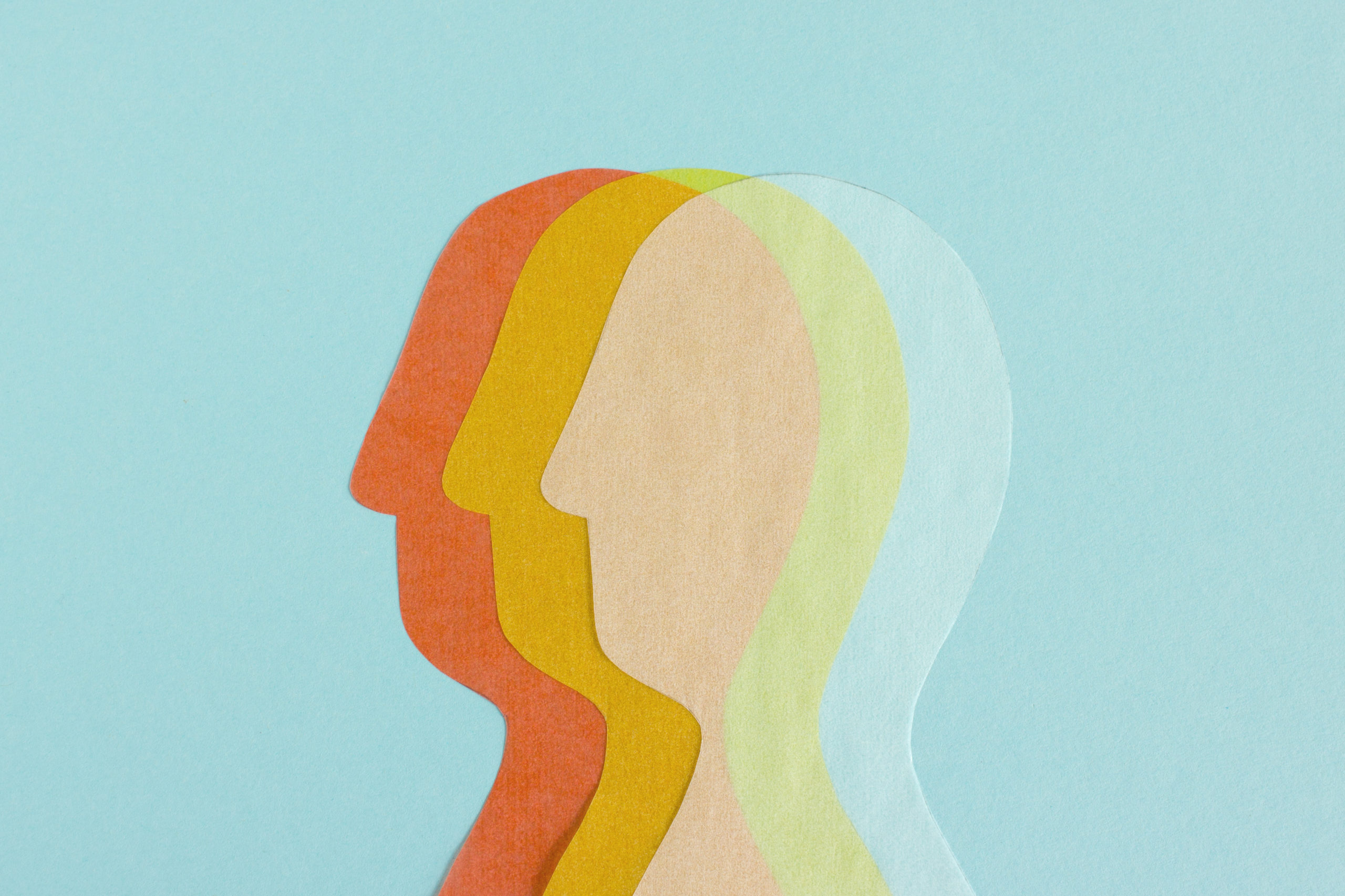Implicit or unconscious bias operates outside of the person’s awareness and can be in direct contradiction to a person’s espoused beliefs and values. What is so dangerous about implicit bias is that it automatically seeps into a person’s affect or behavior and is outside of the full awareness of that person.
The implicit associations we have in our unconscious can cause us to have feelings about others based on characteristics such as language, gender, appearance, race, ethnicity, age and class. These associations develop over the course of a lifetime beginning at an early age through exposure to direct and indirect messages about what we are supposed to think and feel. These associations can have effects on how healthcare providers, perceive, interact with and deliver care to patients.
Research shows that every doctor, every human being, has biases they’re not aware of, says Dr. Rene Salazar, assistant dean for diversity at the University of Texas at Austin medical school.
Unconscious bias most often surfaces in high stress environments, like emergency rooms, where Doctors are under tremendous pressure and have to make quick, high stakes decisions. Add in a deadly pandemic, where the science is changing by the day, and things can spiral.
Addressing implicit bias is not always easy; it is a process. You can start by taking the Implicit Bias Test (IAT) to help identify any hidden biases.
Using what you have learned, work on developing an understanding of the potential for unconscious bias in your work and make a commitment to be alert.
Seek to learn about diverse cultural and health beliefs. Cultivating awareness and sensitivity can be more effective in acknowledging differences in diversity.
Make an effort to be inclusive, everyone is valued and all contributions are welcome. Hearing different perspectives can help shed light on factors you may take for granted.
Quinn Capers IV, MD, FACC, FSCAI, recommends spending time with or focusing on individuals you admire from groups against which you have a bias. “Spend time with someone of a different race, gender, sexual orientation. “If you do that, you will undoubtedly see traits you admire.”
Capers went on to say, “We have a lot of power in our interactions with our patients. You are fair consciously, but it turns out our unconscious minds may be leading us astray. But, we can overcome it. It takes work, and attention, but I know you think it is worth it, as I do.”
Medical schools are helping to address unconscious bias by educating students that it exists in the first place. Some solutions schools have put in place include cultural competency training, a student-run course in medical Spanish, and special mentoring and counseling.


